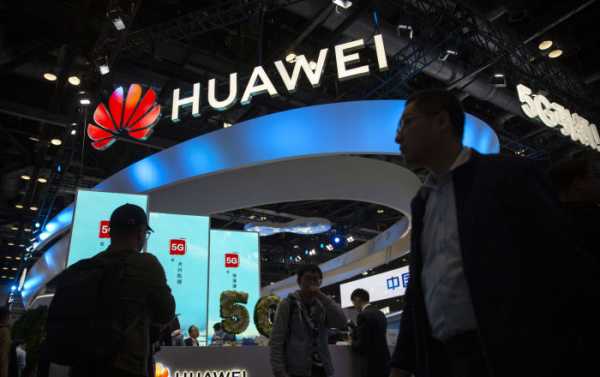
On Saturday, Beijing urged the US to halt the “unreasonable suppression of Huawei and Chinese enterprises” following Washington’s announcement of new export controls to restrict the tech giant’s access to American semiconductor technology.
The state-run Chinese newspaper Global Times has cited unnamed analysts as saying that Beijing’s planned retaliatory steps against Washington’s intention to clamp down on shipments of semiconductors to Huawei may be likened to a “nuke bomb” in terms of effectiveness.
“The forceful countermeasures” will reportedly include a crackdown on a number of large US companies, such as Qualcomm, Cisco, and Apple as well as the American plane maker Boeing.
The source was echoed by He Weiwen, a former senior trade official and an executive council member of the China Society for World Trade Organisation Studies, who told the newspaper that Beijing “should implement these countermeasures to the extent that the US dare not ask for a mile after being given an inch”.
As far as Boeing is concerned, an unnamed insider was cited by the Global Times as saying that China could “possibly scrap all the current Boeing orders if the US steps on China’s bottom line, even if it means some Chinese firms have to pay for the liquidated damages”.
The remarks followed Beijing calling on Washington Saturday to stop the “unreasonable suppression of Huawei and Chinese enterprises” following the US Department of Commerce’s announcement of new export controls to restrict the tech giant’s access to American semiconductor technology.
The statement came amid Washington’s ongoing crackdown on Huawei, which kicked off in May 2019, when the US Department of Commerce prohibited internet providers from using the company’s products and American tech companies from selling technologies to the Chinese tech giant without obtaining a special license first.
The White House claims that the company is collaborating with the Chinese government to allow it to spy on those who use the tech titan’s equipment, allegations that have been rejected by both Beijing and Huawei.
Sourse: sputniknews.com






